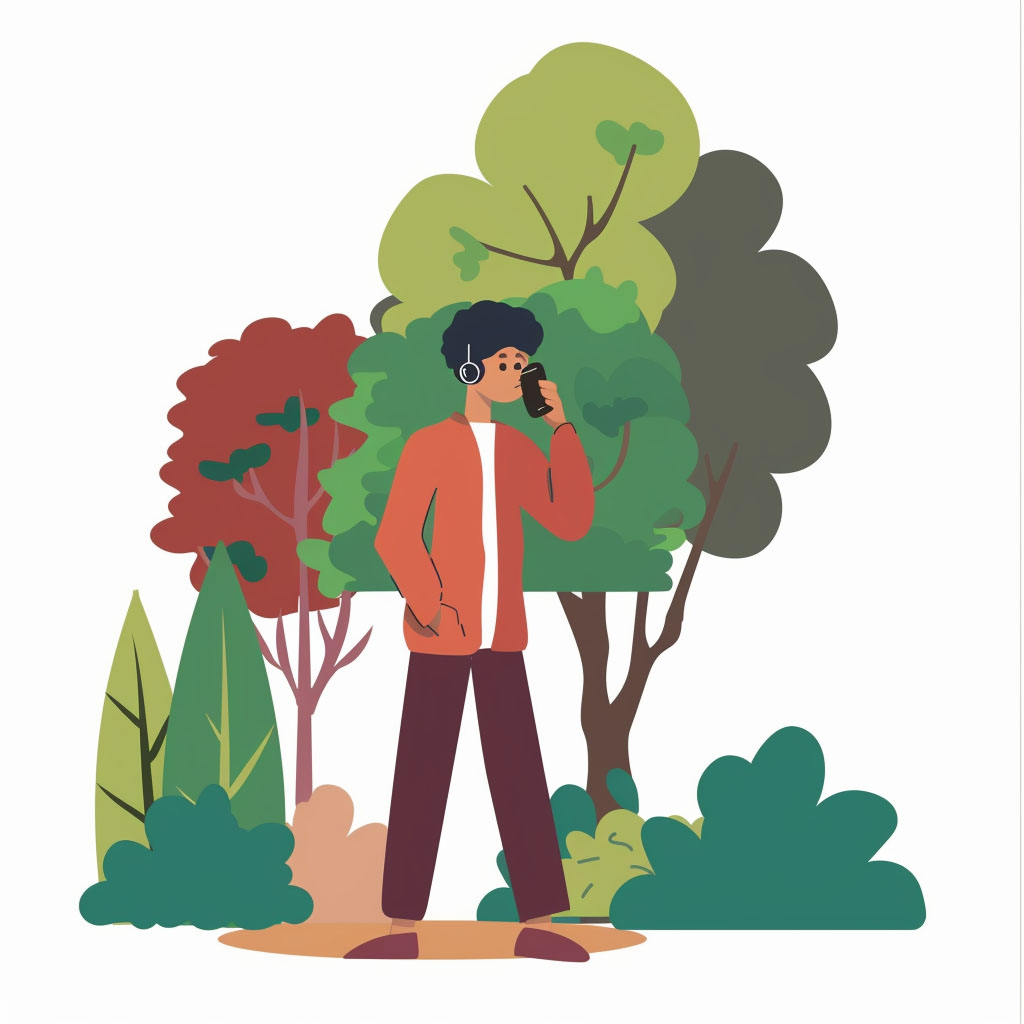Understanding the Role of an Imam
An imam plays a key role in the Muslim community as a spiritual guide, educator, and community leader. Knowing their responsibilities helps us appreciate their importance in our lives. We can look into specific areas to understand how they contribute to our faith and community.
The Imam as a Spiritual Leader
Imams serve as spiritual leaders, guiding Muslims in their faith. They lead prayers at mosques and offer sermons during Friday prayers.
- Teaching Values: They teach the core values of Islam, promoting peace, kindness, and justice.
- Personal Guidance: Imams provide personal support to individuals facing challenges in their lives.
- Connection to the Divine: They help deepen our relationship with Allah through prayers and spiritual practices.
Through their role, imams inspire us to grow spiritually and stay connected to our beliefs.
Imams and Islamic Education
Education is a significant part of the imam’s role. They teach a variety of subjects related to our faith.
- Holy Qur’an: Imams guide us in understanding the Qur’an, its teachings, and its application in daily life.
- Arabic Language: Many imams teach Arabic to help us read and understand Islamic texts.
- Theology: They explore theological concepts, providing insights into Islamic beliefs and practices.
Through education, imams empower us to engage with our faith more deeply.
Imams in the Community
Imams serve as key figures in our communities, taking on many responsibilities.
- Community Services: They lead community service projects, addressing social issues and helping those in need.
- Counseling: Imams often provide counseling services to families and individuals. This support helps people navigate difficulties.
- Interfaith Dialogue: They engage in conversations with leaders from other faiths, promoting understanding and cooperation.
Imams work to strengthen our communities while helping us connect with one another.
The Imam’s Training and Religious Authority
The training of an imam is essential for their effectiveness. They usually undergo extensive education and training.
- Religious Scholars: Most imams study under respected scholars, both in Islamic studies and general education.
- Certification: Many receive certification in various areas, including theology and counseling.
- Continuing Education: Imams often continue their education to stay updated on current issues affecting Muslims.
Through this training, imams gain the authority needed to guide their communities wisely and responsibly.
Engaging in Dialogue with Your Imam
Talking openly with our imam can help us tackle various aspects of our lives. Through these discussions, we can seek advice, find support, and better understand our faith. Below are some important topics we might cover in our conversations.
Seeking Guidance and Counseling
When we need guidance, our imam can offer valuable insight. We can discuss:
- Mental Health: Talking about our feelings or struggles can help us find the right steps forward. Our imam can listen and provide support.
- Confidentiality: We can share personal issues knowing they will stay between us and the imam, creating a safe space.
- Family Advice: If we face problems with parents or spouses, discussing these with our imam might help us see different solutions based on Islamic teachings.
Seeking counseling from our imam can be more accessible than reaching out to a professional counselor, especially in small communities.
Discussing Family and Personal Challenges
Family issues can often be overwhelming. By talking with our imam, we can explore:
- Struggles: We may want to discuss parenting challenges or relationship issues. The imam can provide perspective and practical advice.
- Cultural Considerations: Living in the United States, we could face conflicts between our cultural practices and the society around us.
- Support for Relatives: If a family member is in trouble, our discussions can help us find ways to assist them.
Open dialogue can strengthen our understanding of family unity through the lens of faith.
Religious Queries and Islamic Practices
Our imam can offer clarity on questions we may have about religious practices. Important topics to explore include:
- Prayer: We might seek advice on improving our daily prayers and understanding their significance.
- Islamic Teachings: If we have uncertainties about certain aspects of our faith, discussing these can deepen our knowledge.
- Community Involvement: Our imam can guide us on how best to participate in community services or charity, which aligns with Islamic principles.
These discussions can enhance our spiritual journey while helping us stay grounded in our faith.
Support and Community Services
Imams often play a vital role in connecting us to community resources. Key areas of focus include:
- Volunteering Opportunities: We can learn about local projects where we can donate our time and skills.
- Support Networks: Our imam may know of groups that assist us in dealing with personal challenges, including mental health.
- Social Justice: Engaging our imam in conversations about race and community issues can guide how we, as a group, can work towards justice and inclusion.
These conversations strengthen not only our own lives but also our connections with our community.
I’m Cartez Augustus, a content creator based in Houston, Texas. Recently, I’ve been delving into different content marketing niches to achieve significant website growth. I enjoy experimenting with AI, SEO, and PPC. Creating content has been an exciting journey, enabling me to connect with individuals who possess a wealth of knowledge in these fields.

